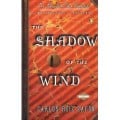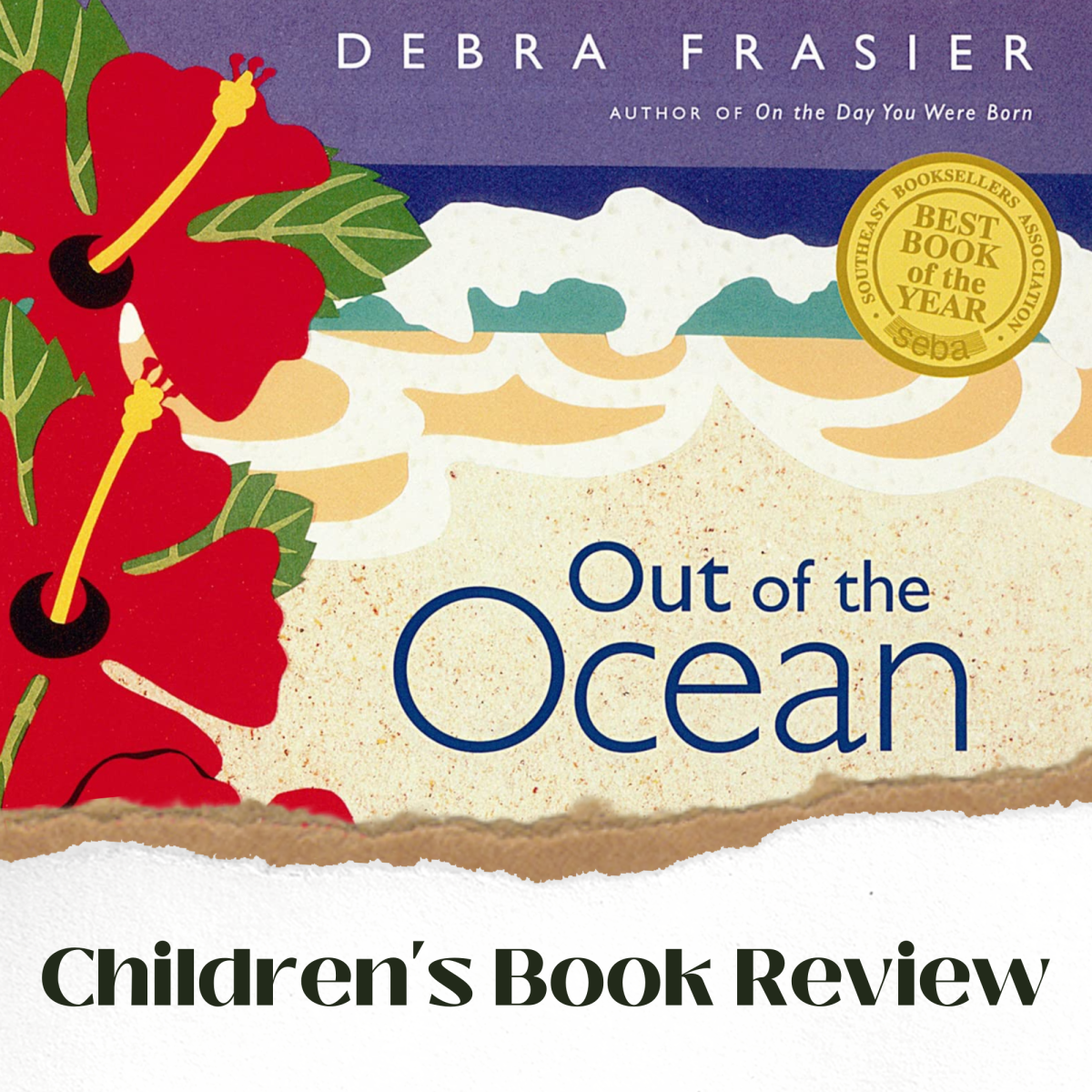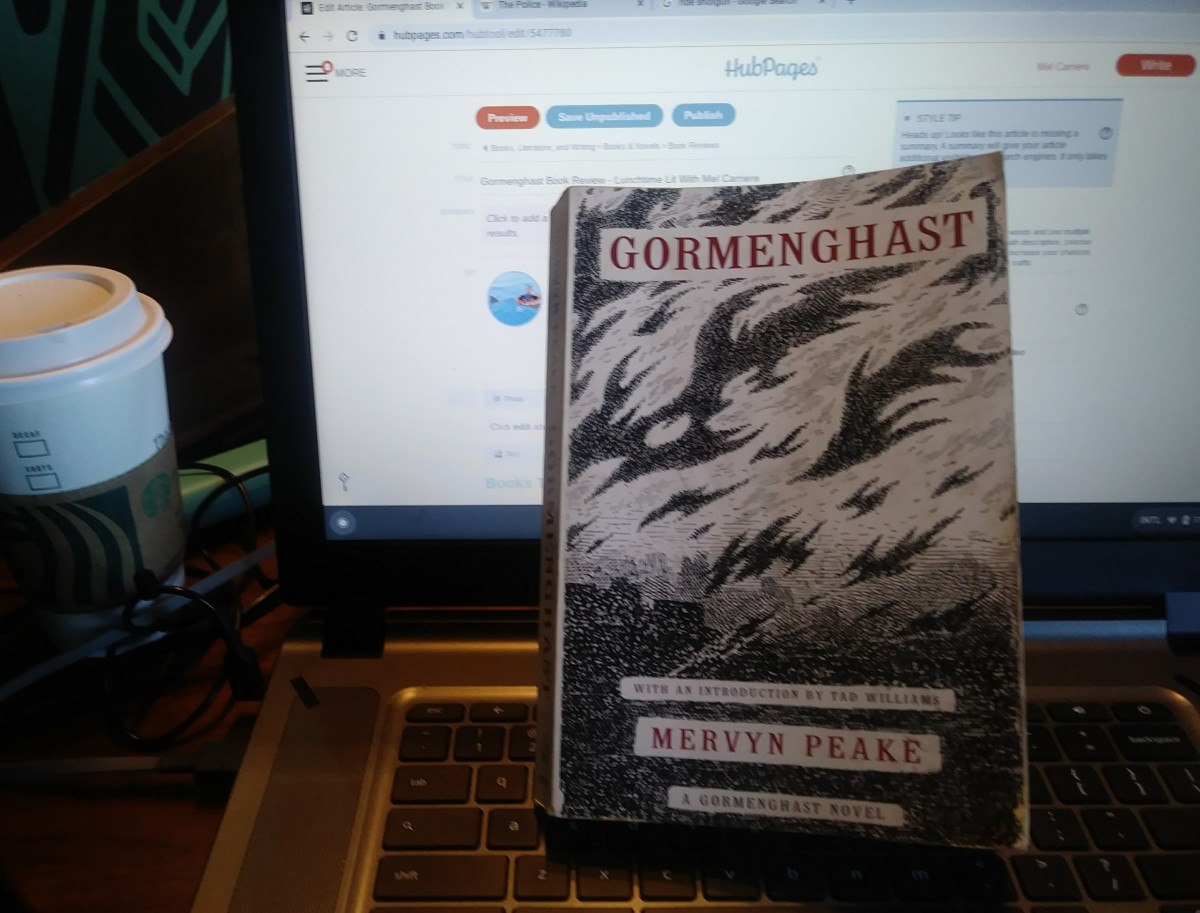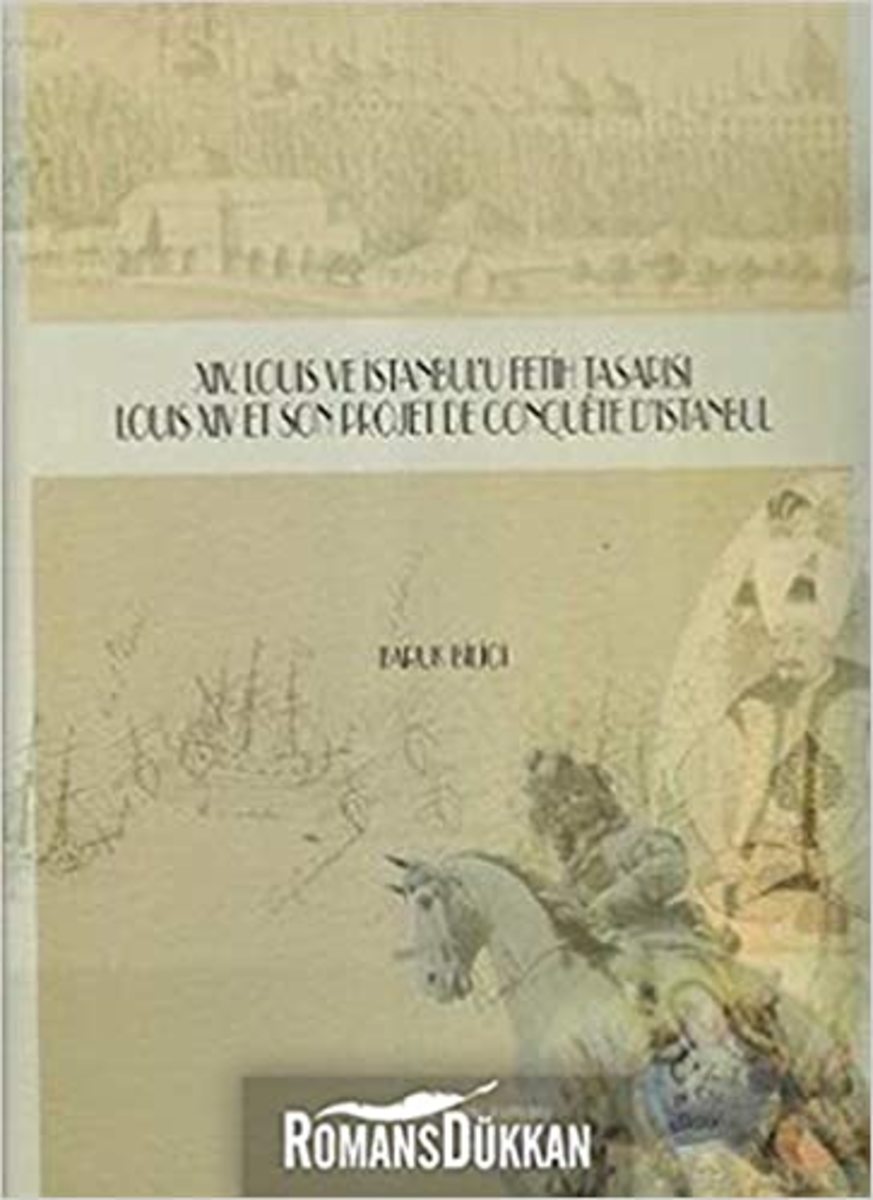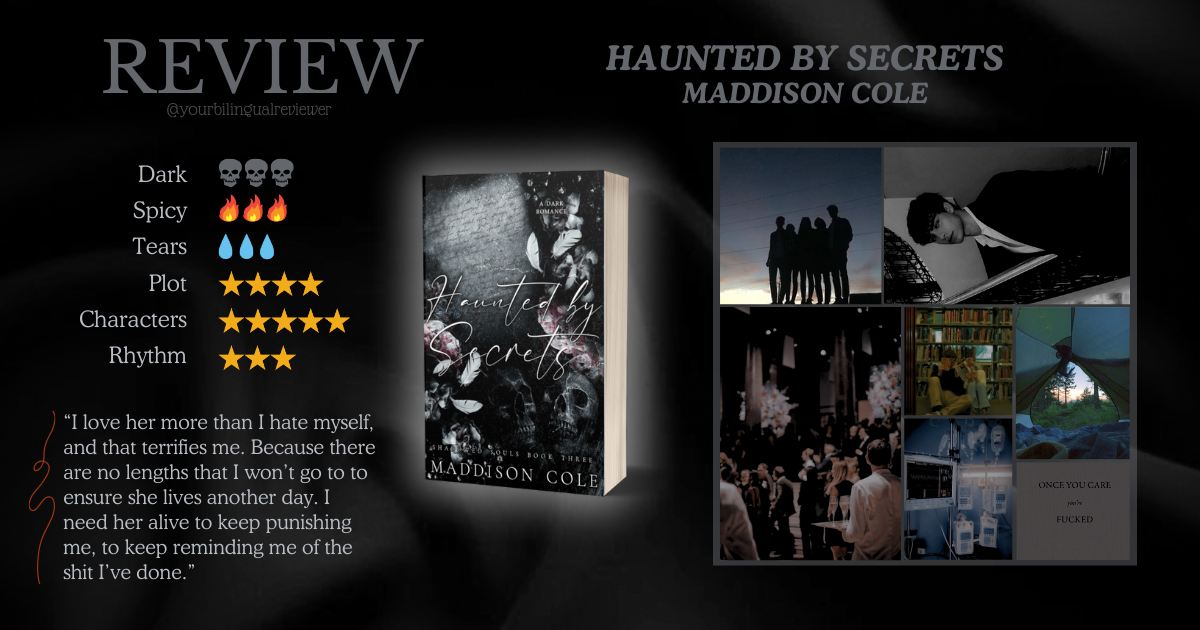Review of Pandora's Boy
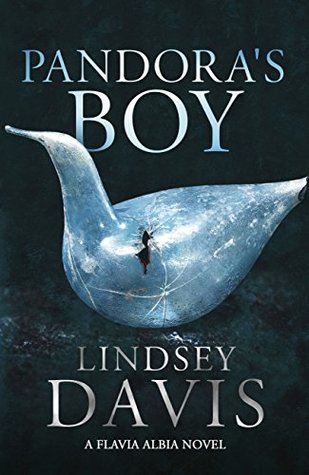
An absolute delight, this book.
Pandora's boy is, in my very humble opinion, an absolute banger of a book. It's not the first in the Flavia Albia Series, that would be The Ides of April, but I have a particular fondness for Pandora's Boy as it was the first in the series I ever heard of and read.
If you like history and mystery, I'd say any of the books in this series would be great - it helps to read them in succession, of course, because there are references to previous events in the books. I do think, though, that you can read them however you please.
This series is a direct sequel to the Marcus Didio Falco Mysteries, where we followed a Roman PI through his adventures in the ancient world. Personally, I think the Flavia Albia novels - where we follow the adopted daughter of Marcus Didio and Helena Justinia in her occupation as a delatrix - are more compelling.
The descriptions of roman life and the setting in general are something that I absolutely love. As a bit of a history nerd, I am in goddamn love with anyone who takes the time to not only write a historical fiction mystery (what a mouthful), but to add in all these delightful details! The quirky characters are, of course, another reason to read the novels, and in this novel in particular I found Iucundus to be quite delightful.
Of course I have gripes with some of the characters' actions. Early in the book, for example, Flavia's husband Tiberius Manlius1Just up and fucking leaves after his ex drops by to tell them about a mystery concerning the death of a 15-year old girl named Clodia Volumnia. Being completely unable to stand her company, Flavia Albia practically flees the scene to hide in a metaphorical cupboard. I don't blame her, I've done the exact same thing. She doesn't plan on taking the case on, because it's her husband's unlikeable ex asking.
Frankly, I would've done the same there.
Naturally, this disappearance is deeply upsetting and worrying considering the following:
- They almost just got married
- He got struck by lightning at said marriage celebration, and it's mentioned that people struck by lightning sometimes get confused and wander off. Occasionally are found years later, living an entirely different life with no memory of what was before.
- It was his ex - who's mentioned to be beautiful - who dropped by and spoke to him alone.
- It's often mentioned how Roman men in particular take on extra-marital affairs. Or people just straight leave each other.
Turns out he was going out to investigate the mystery himself, without telling his wife, and is found later in the novel. Apparently he only thought to tell Flavia after she'd gone off to investigate the same mystery - specifically in part to distract herself from his disappearance.
Apparently I am not that similar to Flavia Albia, because if my significant other had up and left me with no message, only for me to later find them playing dressup in what amounts to a salad bar, I would've torn them a new one. Causing your partner such a level of worry and heartache because you wanted to investigate is just unacceptable, in every aspect.
But, they don't talk it over. He doesn't really recognise that he did wrong, even though he did fuck up and should at the very least recognise his mistake and apologise for it like a decent person. Instead they just look over their case and then go off and have sex.
This irks me for a multitude of reasons, but I shouldn't get too distracted by this. The rest of the book is great - but like I said, this irks me like an itch I can't scratch. It seems like such a shitty resolution to what I'd call a pretty bad problem in a marriage.
I don't think I have to say this, but obviously being able to leave their partner for things like visits, shopping, or indeed if you're going away for an investigation is necessary for a healthy relationship.
I'm not saying they should be glued together at all times - it would be wrong for so many reasons - but in my experience you usually say where you're going.
Y'know.
Just a quick hey babes, I'm going to Mike's for D&D night or something.
To avoid unnecessary confusion and worry.
But yes, this is one of the few gripes I have. Occasionally the writing feels a bit detached, but it's usually when there's a slight timeskip, and I think that's pretty forgivable.
There's also a pretty hilarious but fairly minor subplot about Min, the Nile god, and his, uh.
Attribute.
In short, eventually it's broken off and has to be repaired by some of the main suspects' parents. I thought it was fucking funny.
The rest of the book is magnificent. Its descriptions of the characters, which neither feel overwrought or too sparse, contain some of my favourite lines, and Flavia's observations and comments on the places she moves through and people she encounters are very well-written. It's also easy to empathise with the family of Clodia. In some people's books, I've noticed how grieving parents are almost presented as saints of some kind, but I found the novel's very human presentation of both the parents as flawed, grieving human beings to be very accurate and refreshing. They're not saints, and they're not treated as such. Neither are they presented as particularly villainous.
It was frankly rather refreshing.
[Spoilers start here, btw]
In the end, this book is a story about flawed people, and a series of unfortunate events.
And some extremely flawed people. Like holy shit. There's some accidental incest, that's the level of extremely flawed we're talking about. Some spoiled brats being finally put in their places.
It turns out Clodia died an entirely accidental - but preventable - death. After a night of drinking with her brother and his friends, some of whom encouraged the excessive drinking, brought home in secret. She was blackout drunk, completely gone dark. Her brother lays her out on the bed on her back after smuggling her into her room via an open window, and she chokes on her own vomit in the night.
The nursemaid cleaned the mess up before the Vigiles arrived. It's a sad story, but a very human one.
That's part of what I love about it, I think. In the end, there was no murder. There was just a really sad, deeply unfortunate death. In part, this was brought on by the friends of the brother, but at the same time Clodia's brother should have known not to lay her on her back. He'd been drinking before, and surely knew the risks.
So, in the end, several young people carry some of the blame of the accidental death, but there was no murder.
It's easy to get into the book, but difficult to put down. The writing grabs you and sucks you in like a black hole, and the scenes and people are described so well you can see them - and sometimes unfortunately smell them - before you.
Maybe I should also write about when I start playing Pathfinder. First session soon...
I've been listening to the same song on loop during the entirety of writing this.
1Yes, Manlius. If anyone had borne that name in present day, I would've made fun of him for attempting to compensate for something.
This was a rather rambling review, but I hope it was at least entertaining.

